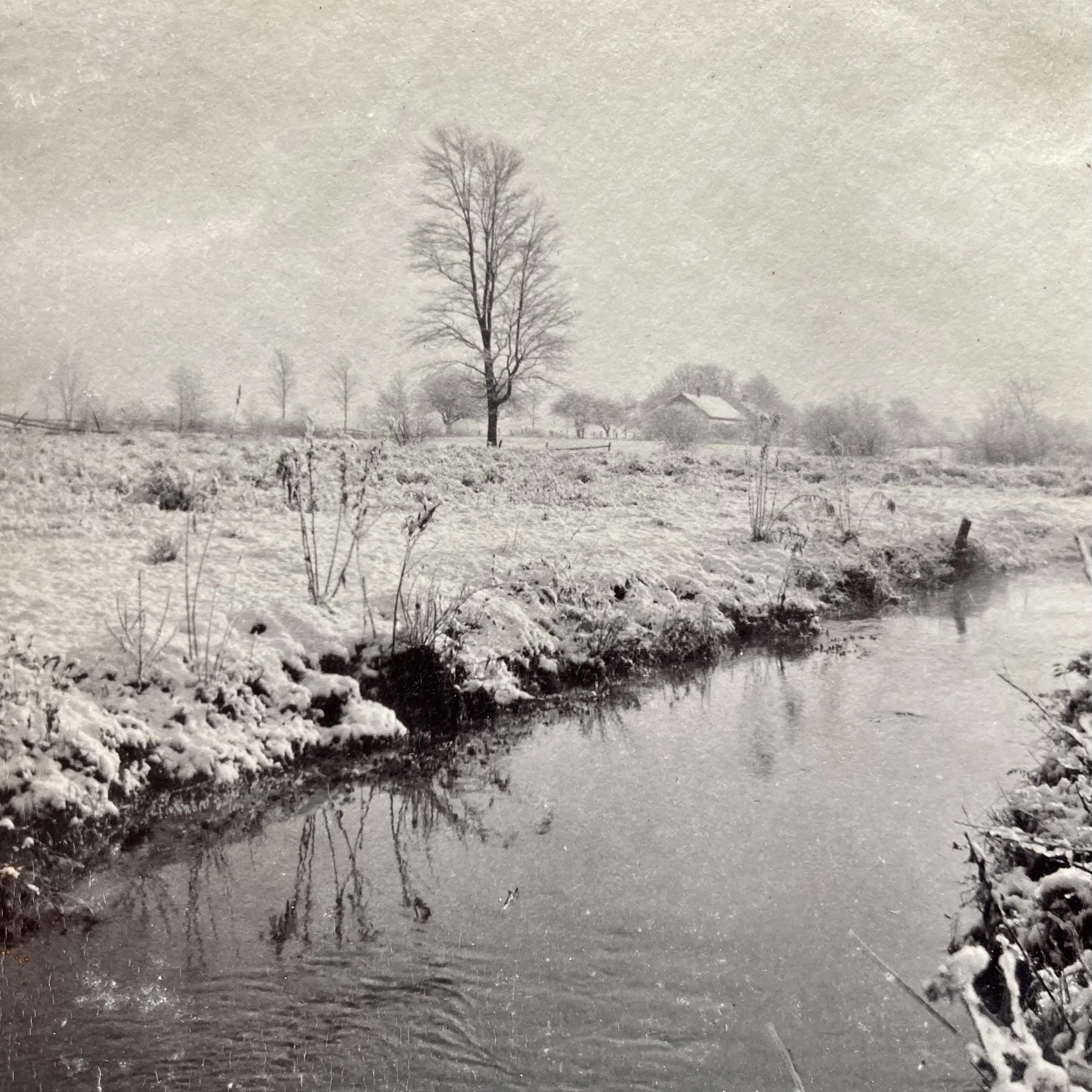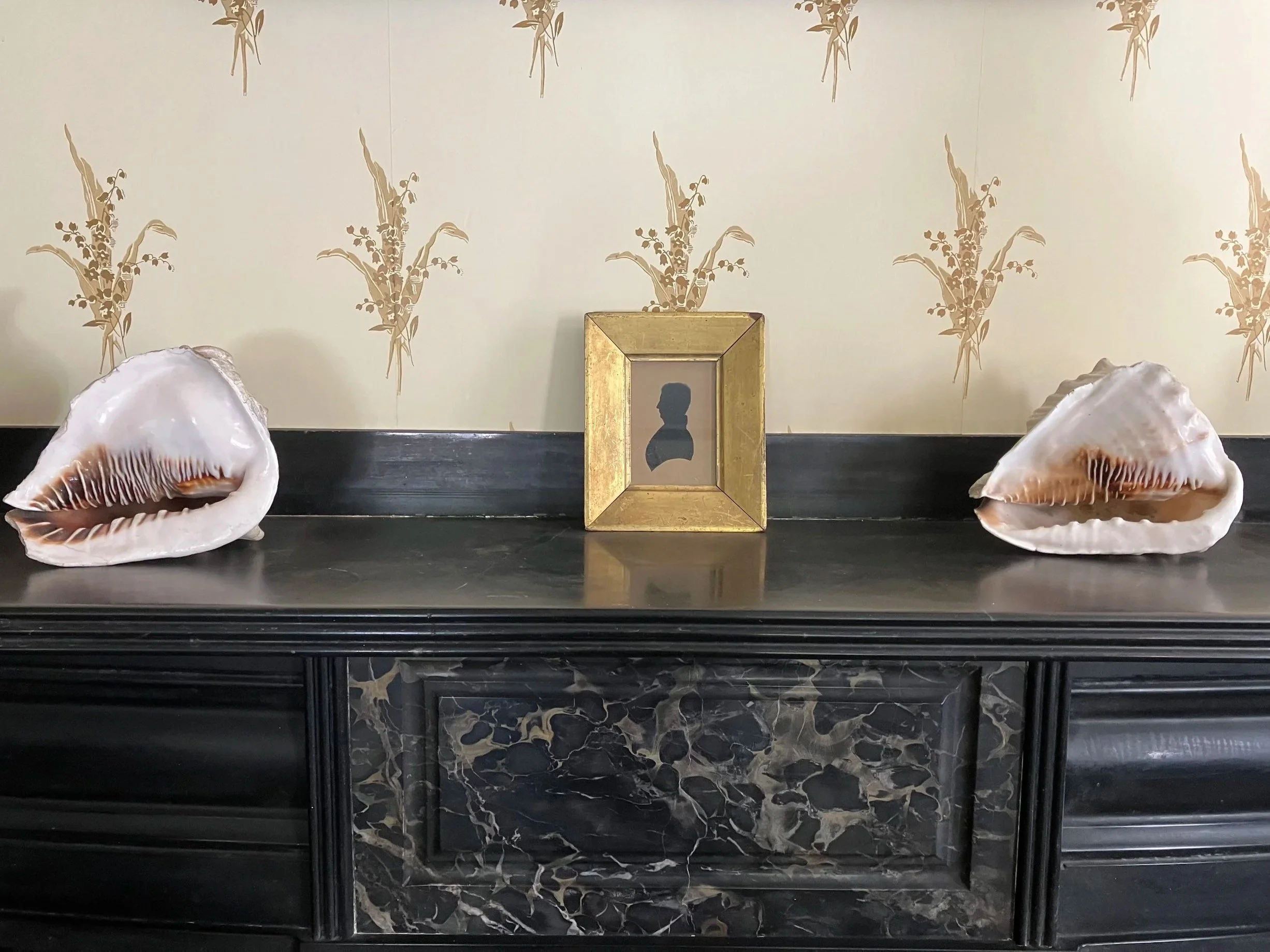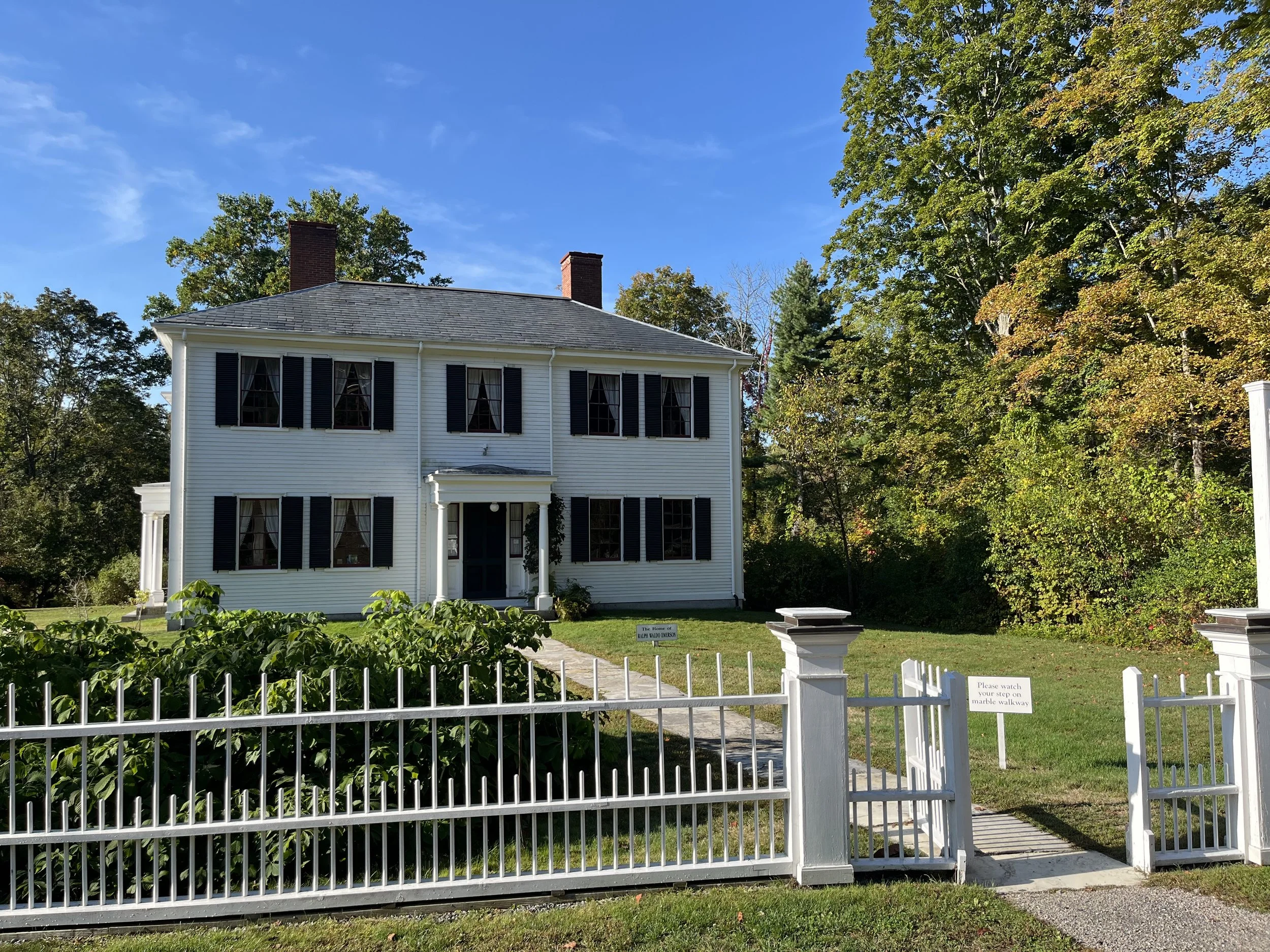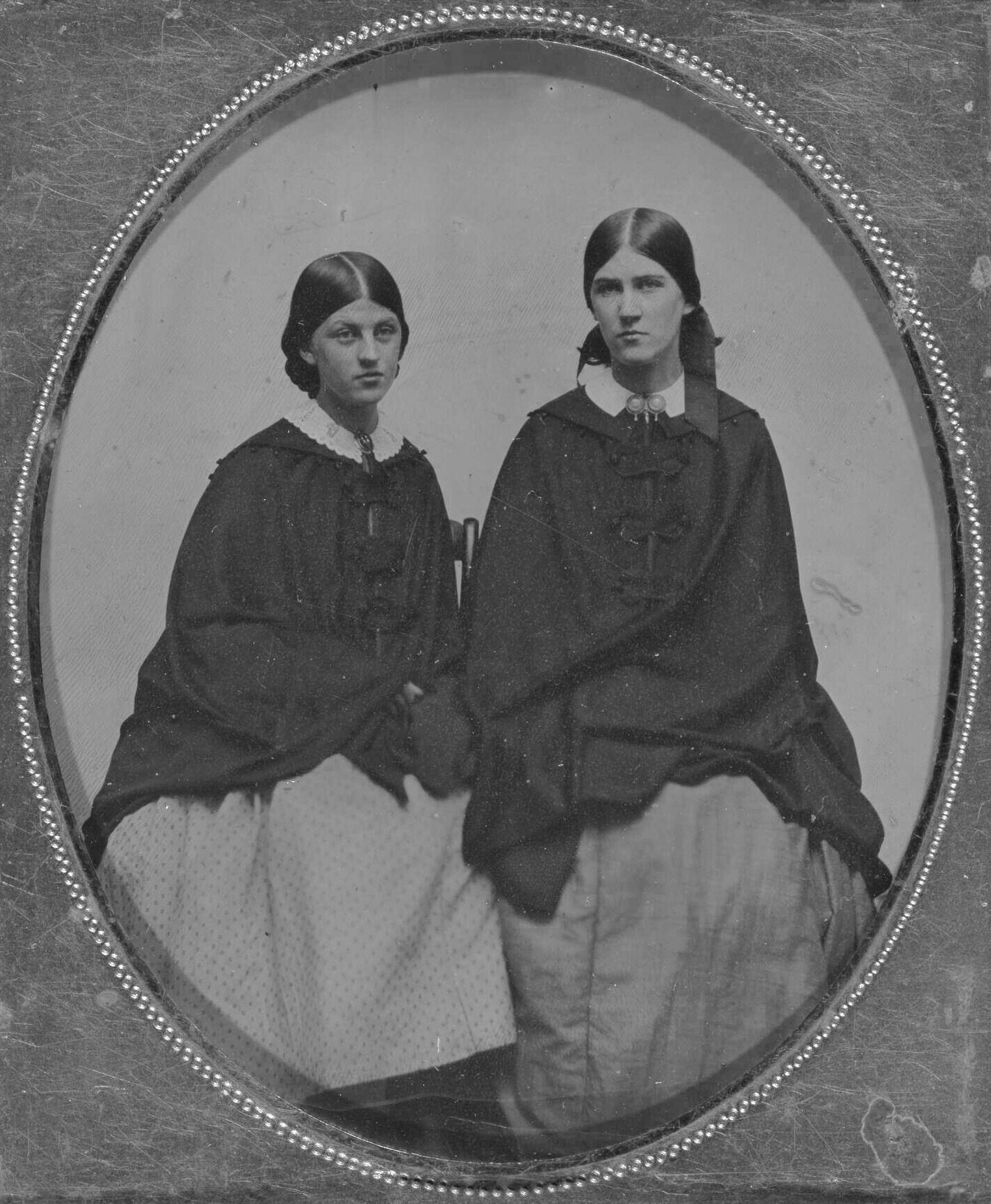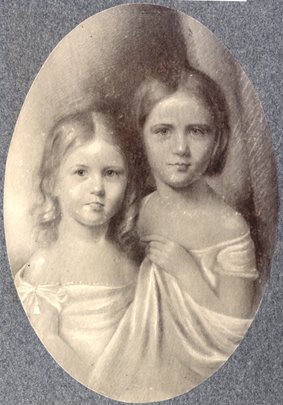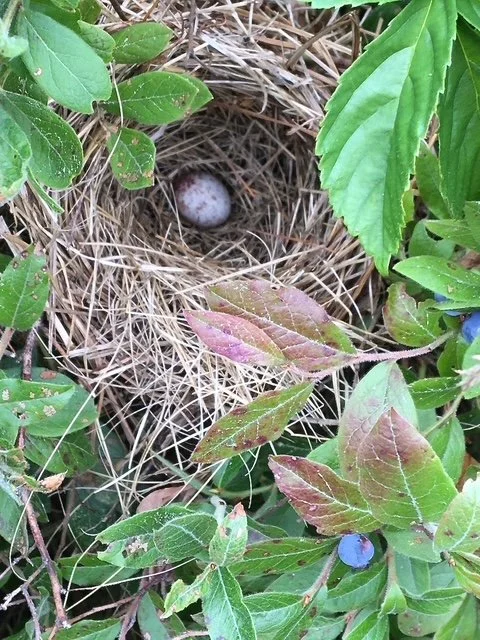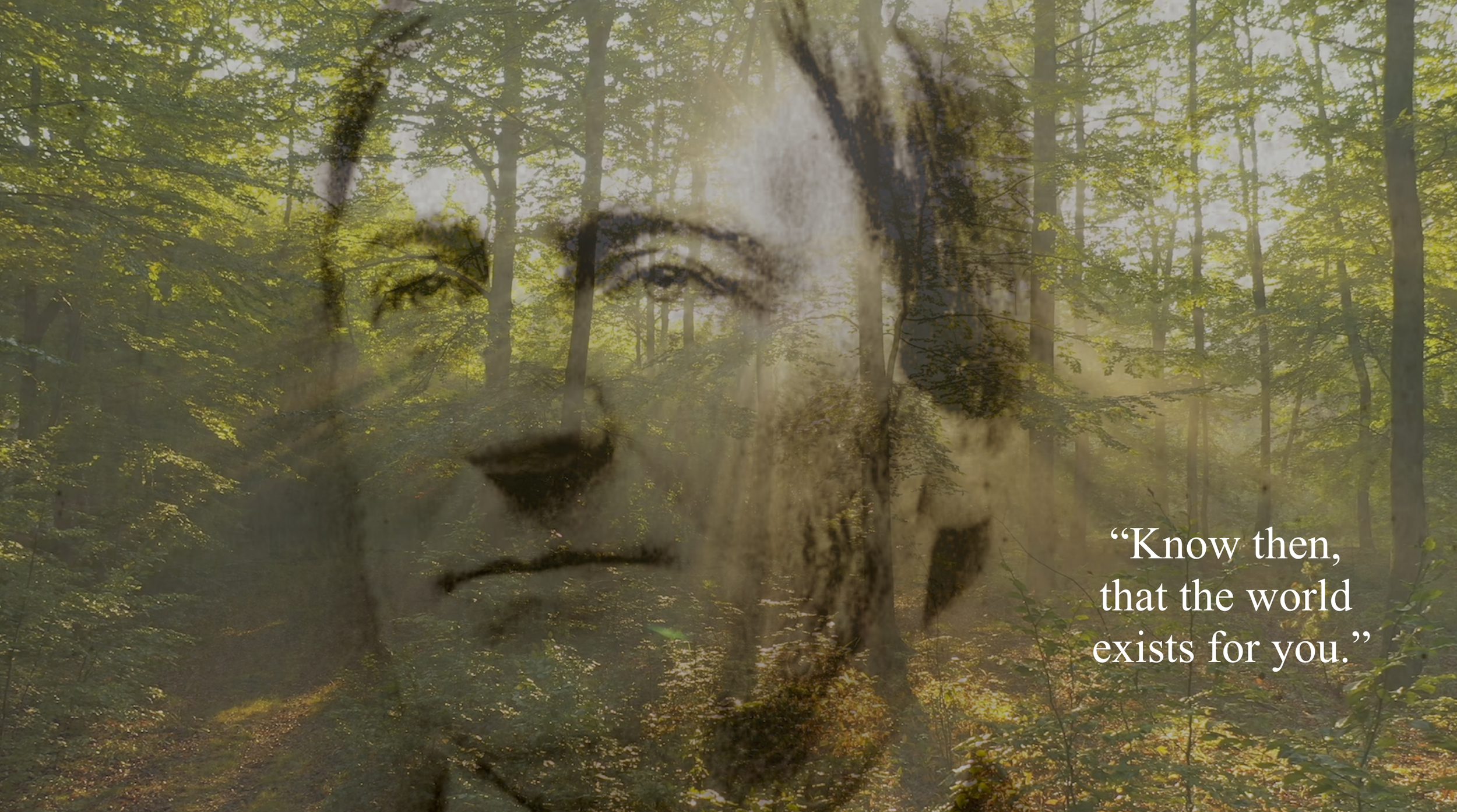
The Lyceum
A gathering place for engaging Emersonian content to educate & entertain.
Long-Ago Landscapes
Photos from an Emerson family album from the 1890s capture scenes from a Concord, MA winter over a century ago. Part of the greater Emerson House collection, this album is usually tucked away in a drawer and is being shared here for the first time.
“Sea-born Treasures”
A wintertime reflection on the origin of the seashells adorning several mantelpieces in the Emerson House in Concord, MA, and their connection to Ralph Waldo Emerson’s untimely loss of his younger brothers Edward and Charles.
Thanks for a Great 2025 Season!
Highlights from the 2025 visitors’ season at the Emerson House and a thank you to all who made it such a success.
Edith Emerson Forbes
A biographical profile of Ralph Waldo & Lidian’s third child, Edith Emerson, who married William Hathaway Forbes in 1865. Sociable and well-organized, Edith continued to play a vital role in her parents’ and siblings’ lives after marriage, including overseeing the repairs of the family home after the 1872 fire and working with her father on assembling the poetry anthology Parnassus.
Emerson’s Daughters: A Review and Special Event
Ellen Tucker Emerson and Edith Emerson Forbes’ lives are often treated as a footnote to their famous father, Ralph Waldo Emerson. Kate Culkin’s recent dual biography, Emerson’s Daughters: Ellen Tucker Emerson, Edith Emerson Forbes, and Their Family Legacy (University of Massachusetts Press, 2025) brings these women’s stories to the fore, inviting interest in Ellen and Edith for their own sakes. Join Culkin at the Emerson House on Sunday, September 28, 2025 for an author’s tour of the special exhibition celebrating the sisters’ lives.
Opening Lines for Earth Day
This year, the spring reopening of the Emerson House coincides with the 55th anniversary of Earth Day. In promoting environmental protection and celebrating the web of life, Earth Day reflects Ralph Waldo Emerson’s own reverence for nature—a common theme in his writings. Today, and beyond, we find inspiration in Emerson’s poems—his words exalting the wisdom of a bee; the beauty of a wildflower; the sentience of a tree.
Emerson’s Study
When the Ralph Waldo Emerson Memorial Association (RWEMA) took ownership of the Emerson House in 1930 and turned it into a seasonal museum, the original contents of Emerson’s study were moved across the street to a replica in the Concord Museum to preserve year-round access for visitors. Today, both can be visited. In 2020, the Concord Museum produced a short video tour of Emerson’s home study, discussing its importance both to Emerson and as the intellectual center of mid-19th century America.
Margaret Fuller
The friendship between two intellectual powerhouses of the mid-nineteenth century—Margaret Fuller and Ralph Waldo Emerson—began with a visit to Concord in 1836. Fuller later joined the “Transcendental Club” and her book Woman in the Nineteenth Century—the first major feminist work in America—grew from an essay published in The Dial magazine under Emerson’s editorship.
Lidian Jackson Emerson
Continuing a series on the strong women in Ralph Waldo Emerson’s life with a profile of his wife Lidian (Lydia) Jackson Emerson, who worked to relieve the suffering of people and animals while also managing a busy household and supporting her husband’s work. A co-founder of Concord’s Female Anti-Slavery Society, Lidian encouraged Emerson’s own involvement in the abolitionist movement.
Diamond
The history and provenance of Diamond the rocking horse, a beloved family artifact in the Emerson House nursery. Already an antique when Lidian Jackson bought it in 1825, Diamond took a circuitous route to Concord, its story touching on themes of childhood, illness, family, and domesticity—and involving two dramatic incidents at sea.
Frequently Asked Questions
Emerson House guides share answers to some of the frequently asked questions by visitors to the house.
Give All to Love
In his new documentary film Ralph Waldo Emerson: Give All to Love, Michael Maglaras celebrates the 220th anniversary of Emerson’s birth by “telling the story of the father of American thought and literature and…his importance in contemporary life.”

